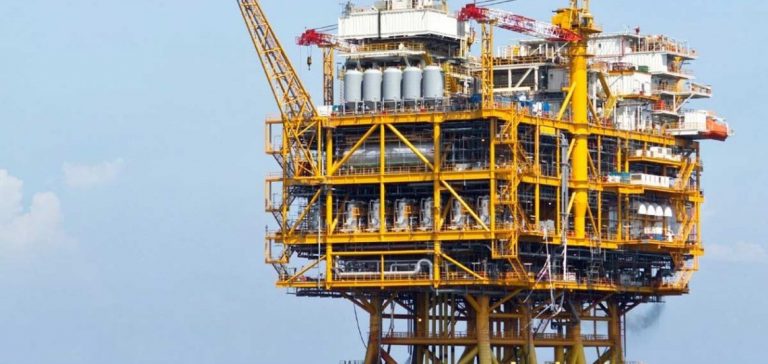The Rovuma LNG project marks a turning point for Mozambique’s gas sector. Located in the Offshore Area 4 field, this development involves the liquefaction and export of natural gas from the fields discovered off the Afungi Peninsula. Mozambique is positioning itself as a major player in the liquefied natural gas (LNG) sector in Africa, benefiting from the collaboration of international companies to carry out this project successfully.
McDermott, in consortium with Saipem and China Petroleum Engineering and Construction Corporation, has been selected to manage the front-end engineering design (FEED) for Phase 1. The contract includes the modular design of an onshore LNG production facility, gas pre-treatment units, as well as supporting utilities and associated systems. This project, supported by ExxonMobil Development Africa B.V., Eni S.p.A., and CNODC Dutch Cooperatief U.A., is expected to reach an annual production capacity of 18 million tons.
A Strategic Stake for Partners
The involvement of multinational companies such as ExxonMobil, Eni, and CNODC in Rovuma LNG reflects the project’s significance for regional energy development. These companies aim to capitalize on Mozambique’s gas potential to diversify their portfolios and increase their influence in the global LNG market. The scope of the project and its economic implications illustrate the partners’ intent to strengthen the country’s export capacity while minimizing operational costs through modular facilities.
McDermott’s expertise in building LNG production sites allows it to play a central role in this development, but logistical challenges related to the region persist. The consortium will have to navigate a complex environment, marked by security risks, infrastructural constraints, and the need to maintain a constant supply of raw materials.
Challenges and Outlook for Mozambique
Mozambique hopes the Rovuma LNG project will boost the local economy by creating jobs, attracting foreign investment, and generating additional revenue for the government. The ramp-up of this project could also strengthen the country’s position on the global energy stage, allowing it to compete with other LNG producers such as Qatar and the United States.
However, challenges remain. Armed conflicts in the northern part of the country threaten the region’s stability, potentially impacting project security. Moreover, fluctuations in global LNG prices and varying demand in key export markets, particularly in Asia and Europe, could affect long-term profitability. Consortium partners must adapt their strategies to respond to market changes and ensure the plant’s long-term viability.
Impact on the LNG Market in Africa
The Rovuma LNG development comes as other gas projects are emerging in East Africa. The region is increasingly attracting international investors due to its vast, under-exploited gas reserves. Mozambique, in particular, aims to position itself as a regional hub for LNG production and export.
The success of Rovuma LNG could encourage further investments in similar infrastructure, increasing competition with other gas-producing countries. Competing projects, such as those in Tanzania or Nigeria, are also in development, and their progress will influence Mozambique’s attractiveness as a destination for foreign capital.






















